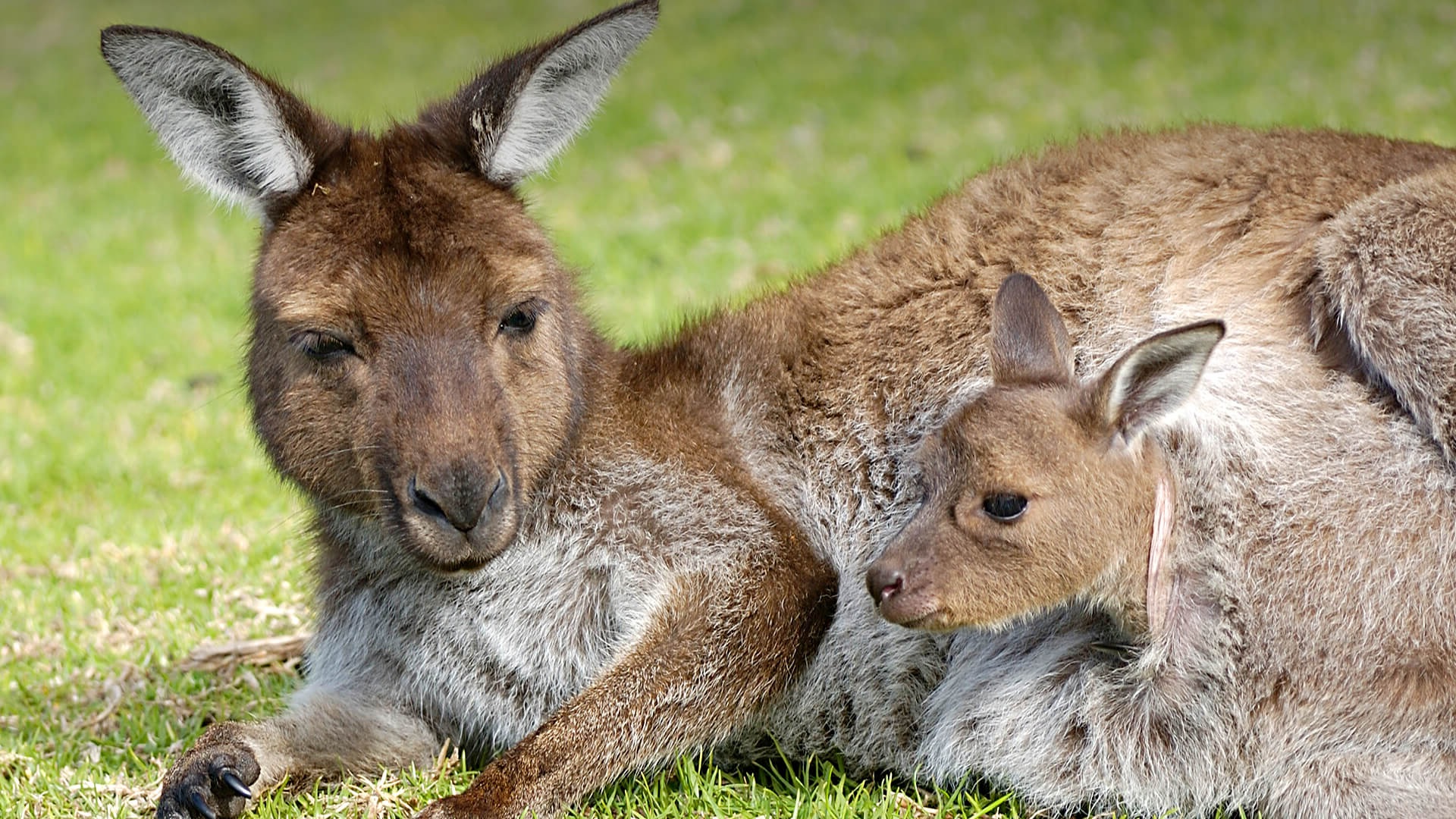
Marsupials are some of the most intriguing creatures on Earth. Found primarily in Australia and the Americas, these animals have unique characteristics that set them apart from other mammals. Ever wondered what makes a kangaroo hop or how a koala spends its day? Marsupials carry their young in pouches, a feature that has fascinated scientists and animal lovers alike. From the tiny sugar glider to the iconic kangaroo, each species has its own story. In this post, we'll dive into 17 amazing facts about these remarkable animals. Get ready to learn something new and maybe even surprise your friends with your newfound knowledge!
What Are Marsupials?
Marsupials are a unique group of mammals known for their distinctive reproductive process. Unlike placental mammals, marsupials give birth to relatively undeveloped young, which then continue to grow and develop in a pouch on the mother's belly. Let's dive into some fascinating facts about these extraordinary creatures.
Unique Reproductive System
Marsupials have a reproductive system that sets them apart from other mammals. Here are some intriguing details:
- Marsupial mothers have two uteri. This allows them to support multiple stages of pregnancy simultaneously.
- Newborn marsupials are tiny and underdeveloped. A newborn kangaroo, for example, is about the size of a jellybean.
- Pouches are not uniform. Different species have pouches that open in different directions. For instance, koalas have pouches that open toward the rear.
Diverse Species
Marsupials come in various shapes and sizes, each adapted to their environment in unique ways. Here are some examples:
- Kangaroos are the largest marsupials. They can grow up to 6 feet tall and weigh over 200 pounds.
- The numbat has the most teeth. This small marsupial has up to 52 teeth, more than any other land mammal.
- The Tasmanian devil has the strongest bite. Pound for pound, its bite is more powerful than that of a lion.
Geographic Distribution
Marsupials are primarily found in Australia and the Americas. Their distribution offers insight into their evolutionary history:
- Australia is home to the most marsupial species. Over 200 species live there, including kangaroos, koalas, and wombats.
- The opossum is the only marsupial in North America. It has adapted to a wide range of environments, from forests to urban areas.
- South America hosts a variety of marsupials. These include the yapok, the only aquatic marsupial, which swims in rivers and streams.
Adaptations and Survival
Marsupials have evolved various adaptations to survive in their environments. Here are some remarkable examples:
- Koalas have a specialized diet. They eat eucalyptus leaves, which are toxic to most animals but provide all the nutrients koalas need.
- Kangaroos can hop at high speeds. They can reach speeds of up to 35 miles per hour and cover large distances with each leap.
- Wombats dig extensive burrow systems. These burrows provide shelter from predators and extreme weather conditions.
Conservation Status
Many marsupials face threats from habitat loss, climate change, and introduced species. Conservation efforts are crucial for their survival:
- The Tasmanian devil is endangered. A contagious cancer called Devil Facial Tumor Disease has decimated populations.
- Koalas are vulnerable. Habitat destruction due to urbanization and bushfires has significantly reduced their numbers.
- Efforts to save the numbat are ongoing. Conservationists are working to protect its habitat and control predators like feral cats and foxes.
Fun and Quirky Facts
Marsupials have some fun and quirky traits that make them even more fascinating:
- Kangaroos can't walk backward. Their muscular tails and large feet make it impossible for them to move in reverse.
- Wombat poop is cube-shaped. This unique shape prevents it from rolling away, marking their territory effectively.
Marsupials: Nature's Unique Wonders
Marsupials are truly fascinating creatures. From kangaroos hopping across the Australian outback to opossums playing dead in North America, these animals have unique traits that set them apart. Their distinctive pouches, diverse habitats, and varied diets make them a captivating subject for nature enthusiasts.
Understanding marsupials helps us appreciate the incredible diversity of life on Earth. These animals play crucial roles in their ecosystems, from seed dispersal to pest control. Protecting their habitats ensures the survival of these unique species for future generations.
Next time you spot a kangaroo or a koala, remember the amazing facts about marsupials. Their adaptability and resilience are testaments to nature's ingenuity. Keep exploring and learning about these remarkable creatures, and you'll find there's always something new to discover in the world of marsupials.
Was this page helpful?
Our commitment to delivering trustworthy and engaging content is at the heart of what we do. Each fact on our site is contributed by real users like you, bringing a wealth of diverse insights and information. To ensure the highest standards of accuracy and reliability, our dedicated editors meticulously review each submission. This process guarantees that the facts we share are not only fascinating but also credible. Trust in our commitment to quality and authenticity as you explore and learn with us.


